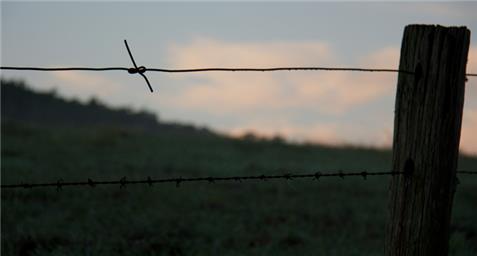
Living and breathing the digital world as we do, you can imagine how many sites we search daily, how many we are members of, or receiving special offers, or call to action … and of course we all have passwords to do most of my purchasing online, including our banking.
If our kids aren’t on the computer they’re on the iPad or the smart phones. Over time we’ve become very cautious of web security. Printers Post have some essential tips and tricks that make sure your web security is solid.
Keeping passwords safe
Emails, banking, social media, accessing information all require a username and password of some sort. The most secure passwords are mixed with lower case and upper case letters, numbers, curly brackets, backward/forward slashes, the challenge we have is remembering them. Everyone who uses a computer has at some point forgotten at least one critical password. The result is we end up storing this information in a place we consider safe, often elsewhere on the computer.
Our advice is to avoid keeping our passwords on our computers, either as a word document or as an ‘auto save’. A good habit to get into is storing them on a memory stick, and keeping this in a safe, dry and secure environment. This way our critical details are safe in the event that our computers break down and loses memory, or someone hacks into the computer and attempts to steal the passwords.
Protecting against identity theft
Most websites that require personal information do so:
1. To identify the user (in an attempt to keep outsiders from using your identity)
2. To build a marketing database
3. To collate information about you in order to manipulate
It’s easy to get so engaged in an interesting website and before we know it we’re signing up for memberships and giving our details away. Before submitting your personal information to any website, ask yourself the following:
1. What is the benefit for me?
2. Why do they need my particulars?
3. Do i really need to supply this information?
4. Is this a credible organization/business/publisher?
Err on the side of caution and only ever give your details to a site that you are truly sure is credible and has clear safety protocols displayed if financial transactions are involved.
Be careful with content
Did you know that when you publish images, videos, text and general content on any website, the information that is saved is indexed and owned by the site where the content is stored? This means that once you post content on a site you did not create, you no longer have any control over where or how it is shared – it belongs to the website owner.
Only publish what you believe to be genuine and will not come back and bite you. Once it’s gone live it’s out there and you cannot stop anyone from copying, stealing the content or misusing. Caution is the order of the day.
Social Media – Not just ‘Social’
The role of social media for personal and business use has a dramatic impact on the way we communicate online. Words including recommendations and commentary can be easily misconstrued online and are there for everyone to see.
It is critical to remember that businesses can use the web to research the profile of prospects before engaging them. Whatever you have said in the past, what ever others have said about you will always be saved and can be traced back to your identity. Don’t ever forget it can be accessed by others including potential employers. Say what you mean, but don’t say what you might regret.
Our kids online – protection through education
In the ‘digital age’ parents have the responsibility to teach their kids not only about life, drugs, alcohol, and sex, but also the web.
Children are trusting; they truly believe that if they click on the flashing pop up banner they will win the new iPhone – as soon as they give them mum’s email address.
It’s important they have time online and become adept, but there are constantly new and clever tricks put online that can have ramifications on the security of the entire family via the home computer.
Educate your kids about the importance of secure passwords, of taking care with what they say, who they say it to, how much time they spend on the computer, what friends they associate with, and the content they publish.
The digital world is constantly changing. We face new challenges every day to stay safe and secure. The very best advice Printers Post can give is to research before you commit, and stay vigilant – but don’t forget to have fun; it’s a world of opportunity!

3737
Thanks for the feedback!
Ratings for this article (1 total)
1
0
Updating ......